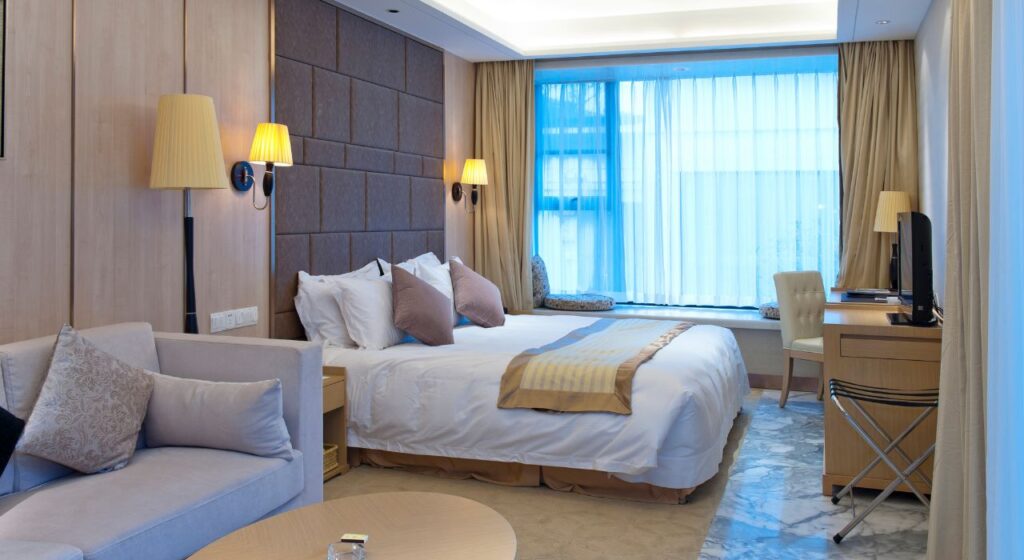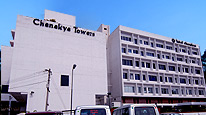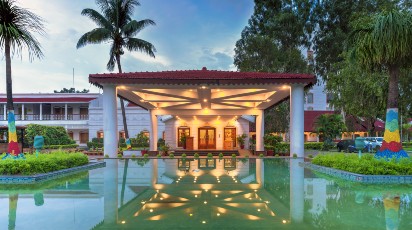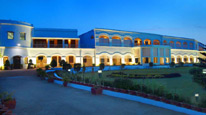Luxury hotels have always been at the forefront of hospitality innovation, setting the bar for excellence in service, design, and guest experience. In 2025, the pace of change has accelerated even further, with high-end properties embracing cutting-edge technologies, sustainability, and personalized experiences to stay ahead of evolving traveler expectations.
1. Personalized Guest Experiences Through AI
One of the most significant trends shaping luxury hospitality in 2025 is the use of artificial intelligence to deliver hyper-personalized service. Luxury hotels are leveraging AI-driven customer relationship management (CRM) systems that analyze guest preferences, behaviors, and past stays. This enables staff to anticipate needs and tailor every aspect of the stay—from room temperature to dietary preferences and preferred amenities.
Chatbots powered by advanced natural language processing are also enhancing the guest experience, handling real-time requests and providing 24/7 concierge services. These tools help create seamless, bespoke interactions that feel both efficient and personal.
2. Sustainability as a Standard
Sustainability is no longer a niche selling point; it’s a core value embraced by luxury hospitality brands. In 2025, leading luxury hotels are implementing eco-conscious practices without compromising on comfort or elegance. Key initiatives include:
- Green architecture using sustainable materials and energy-efficient designs
- Plastic-free policies with refillable amenities and eco-friendly packaging
- Locally sourced cuisine supporting nearby farms and reducing food miles
- Carbon offset programs that allow guests to contribute to environmental causes
Eco-conscious travelers are increasingly selecting hotels that reflect their values, and luxury brands are responding with transparent and impactful sustainability programs.
3. Wellness-Centric Hospitality
The wellness tourism market continues to grow in 2025, and luxury hotels are evolving into holistic wellness destinations. High-end properties are expanding their wellness offerings beyond spas to include:
- Personalized health assessments
- Sleep optimization programs
- Mindfulness and meditation sessions
- Nutritionist-curated menus
- On-demand fitness with virtual and in-person trainers
Hotels like Six Senses and Aman have redefined the luxury experience to include physical, emotional, and spiritual well-being, making wellness a key pillar of modern luxury.
4. Tech-Enhanced Stays Without Losing the Human Touch
Luxury hotels in 2025 are achieving a delicate balance between innovation and intimacy. Smart rooms equipped with voice-activated controls, adaptive lighting, and AI-powered room service are now standard in many five-star properties. However, the key differentiator is how these technologies are integrated subtly—enhancing, rather than replacing, human interaction.
For example, biometric check-in and digital room keys speed up arrival without removing the personal greeting from a well-trained concierge. The focus remains on enhancing convenience while preserving the warmth of traditional hospitality.
5. Experiential Travel and Curated Local Connections
In 2025, travelers are looking for more than just beautiful rooms—they want meaningful, authentic experiences. Luxury hotels are meeting this demand by offering curated local experiences that go beyond typical tourist attractions. These might include:
- Private cultural tours with local experts
- Chef-led market visits and cooking classes
- Artisan workshops and behind-the-scenes experiences
- Pop-up events featuring regional artists or musicians
By creating deep connections to place and culture, luxury hotels are positioning themselves as gateways to the local community—not just places to stay.
6. Reimagining Design and Space
Post-pandemic influences have reshaped the way space is designed in luxury hotels. In 2025, there’s a strong emphasis on:
- Flexible common areas for work and socializing
- Outdoor spaces like rooftop gardens and private terraces
- Air purification and natural ventilation systems
- Minimalist, nature-inspired interiors that promote tranquility
These elements not only contribute to a luxurious ambiance but also support well-being and a sense of safety—qualities that have become non-negotiable for high-end travelers.
Conclusion
As the hospitality landscape continues to evolve, luxury hotels are leading the way by redefining what it means to offer exceptional service. In 2025, this means embracing personalization through technology, committing to sustainability, promoting wellness, and delivering immersive experiences—all while maintaining the human touch that defines true luxury.
For travelers seeking the finest in comfort, innovation, and cultural connection, luxury hotels remain the gold standard—elevating not just where you stay, but how you experience the world.







